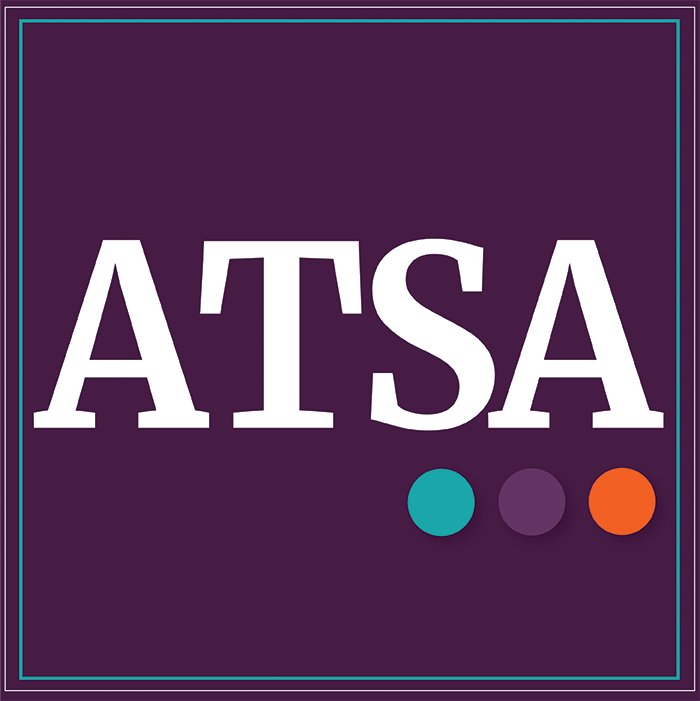Legislative Response: Comments on The Supplemental Guidelines for Juvenile Registration Under SORNA
ATSA's 2016 letter to the SMART Office offers critical feedback on the Supplemental Guidelines for Juvenile Registration under the Sex Offender Registration and Notification Act (SORNA). The letter argues that the inclusion of juveniles in sex offender registries, as mandated by SORNA, can be detrimental. It highlights that such policies, especially when applied to children, do not reduce sexual recidivism and may lead to negative outcomes like social alienation, housing instability, and disruption of positive development.
ATSA expresses concern over the waiver of children to adult courts, noting the lack of evidence that such practices reduce recidivism. The letter suggests that the severity of a crime is not an accurate indicator of recidivism risk and emphasizes that treatment services tailored to juveniles are more effective. ATSA recommends a focus on high-risk juveniles and the development of quality, developmentally appropriate assessments that consider the youth's clinical, family, and environmental situation for effective treatment and management.
This document advocates for a more nuanced and evidence-based approach to juvenile sex offender management, emphasizing the importance of developmentally appropriate treatment and challenging the effectiveness of broad-based juvenile registration and notification.
